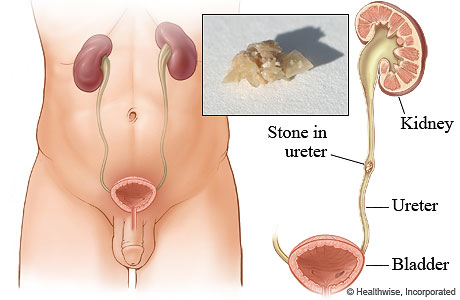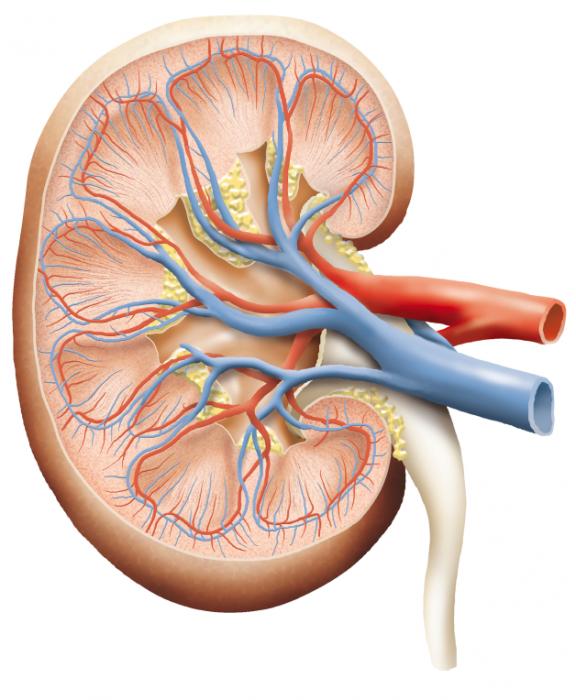
If you have ever suffered from kidney infections, you know that there are many possible symptoms. You may not suffer the symptoms right away, or you may only experience minor discomfort. However, these symptoms can be telling you that there is a problem with your kidneys and that you should get treated for it. Here are some common symptoms of kidney infections.
Anyone can get a urinary tract infection, but some individuals are more prone to getting them than others
If you have a bladder infection, you are more prone to get one. A urinary tract infection can also spread to the kidneys through the urethra. Women who are pregnant are also more prone to getting a urinary tract infection than other women. People who drink alcohol or use illegal drugs are also more prone to this condition than people who don't use drugs or alcohol.
If you do experience any of these symptoms, you should seek medical attention right away. These symptoms can be very uncomfortable. They may also cause some pain during urination and the passing of urine. When the symptoms are severe, you should make an appointment with your doctor.
Symptoms of a kidney infection include having pain in the area of the kidneys and not passing urine as usual. You may also experience fever and chills. You may also feel bloated, have an upset stomach, feel unusually fatigued, or have problems concentrating.
There are many reasons why you might have symptoms. These symptoms may occur when the condition is in remission, such as when you have just had a urinary tract infection. However, if the condition has progressed, you may experience more of these symptoms. For example, if the condition affects your kidneys, you may notice that you are having difficulty passing urine. This could be because of an infection that is causing your kidneys to work harder, which causes the urine to be hard.
Some of the symptoms that people will experience are the same symptoms that may occur for another type of infection. These symptoms can also include having blood in the urine. If you notice that you have a fever, having swollen ankles or feet, or pain or pressure in the abdomen, having blood in the stool, feeling fatigued, or having trouble breathing, having cramps in your chest, or having extreme discomfort when urinating, then you are most likely suffering from a urinary tract infection.

Another thing to look for is that you feel tired or fatigued. If you feel weak or have a loss of energy, you should go see a doctor right away for these symptoms to be sure that they are signs of a urinary tract infection and not something else.
There are many things that can lead to this disease, including high blood pressure or dehydration. However, if you feel you are having any or all of the above symptoms of kidney infection, get yourself to your doctor for medical assistance.
Symptoms of a kidney infection vary in severity depending on the location of the infection. Kidney bladder infections are more intense than urethral infections. However, if you experience all of the above symptoms of a kidney infection, it is highly recommended that you seek immediate medical attention. Kidney infections can be very serious and cause permanent damage to the kidneys and / or bladder.
The symptoms of kidney infections can be treated with a variety of medications. Your doctor may prescribe an antibiotic to kill the bacteria that cause the infection. Some of these medicines can also be taken by mouth. While antibiotics can kill bacteria, they don't address the root cause of the problem – a weak immune system.
When dealing with kidney infections, it is important to talk with your doctor about other treatment options that may be available, including surgery. If needed, you may be prescribed medication to relieve pain associated with the infection. If you experience bleeding after taking the medication, you should make an appointment with your doctor right away. Some medications increase the amount of potassium in your urine, which can increase the amount of fluid you lose and reduce pain.
You should make sure that you follow your doctor's instructions and do your best to follow all the recommendations they give you for treating your kidney infection symptoms. For more information on kidney treatment, you can go to iHealzy. In some cases, medications alone are not sufficient and additional medications may be required.